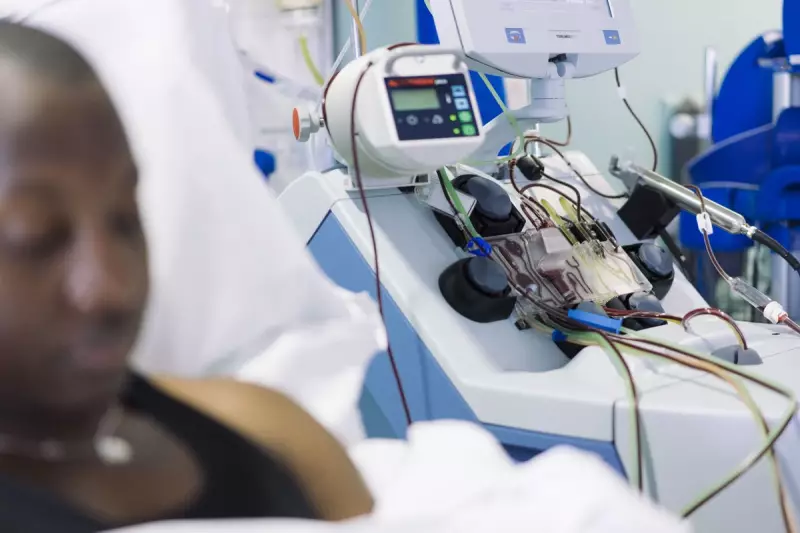
In a bold move to revolutionise healthcare, NHS scientists are encouraging the British public to donate their DNA for cutting-edge medical research. This ambitious initiative aims to unlock the secrets of genetic data, paving the way for more effective treatments and preventive care tailored to individual needs.
The Future of Personalised Medicine
Leading experts believe that analysing diverse genetic information could help identify disease risks earlier and develop targeted therapies. "This is about creating a health service that predicts and prevents illness rather than just treating symptoms," explained a senior NHS researcher involved in the project.
How Public Participation Could Change Healthcare
- Accelerate development of precision medicines
- Improve understanding of genetic disease links
- Enable earlier detection of health risks
- Create more effective prevention strategies
The programme builds on previous NHS genetic research that has already led to breakthroughs in cancer treatment and rare disease diagnosis. Scientists emphasise that protecting donor privacy remains paramount, with strict protocols governing data access and usage.
Addressing Diversity in Medical Research
Researchers particularly want to include underrepresented groups to ensure the benefits of genomic medicine reach all communities. "We need DNA samples that reflect Britain's full diversity to avoid creating health inequalities," noted a project coordinator.
The initiative comes as the NHS marks 75 years of service, demonstrating its continued commitment to innovation in patient care. Participants will contribute to what could become one of the world's most comprehensive health research resources.





